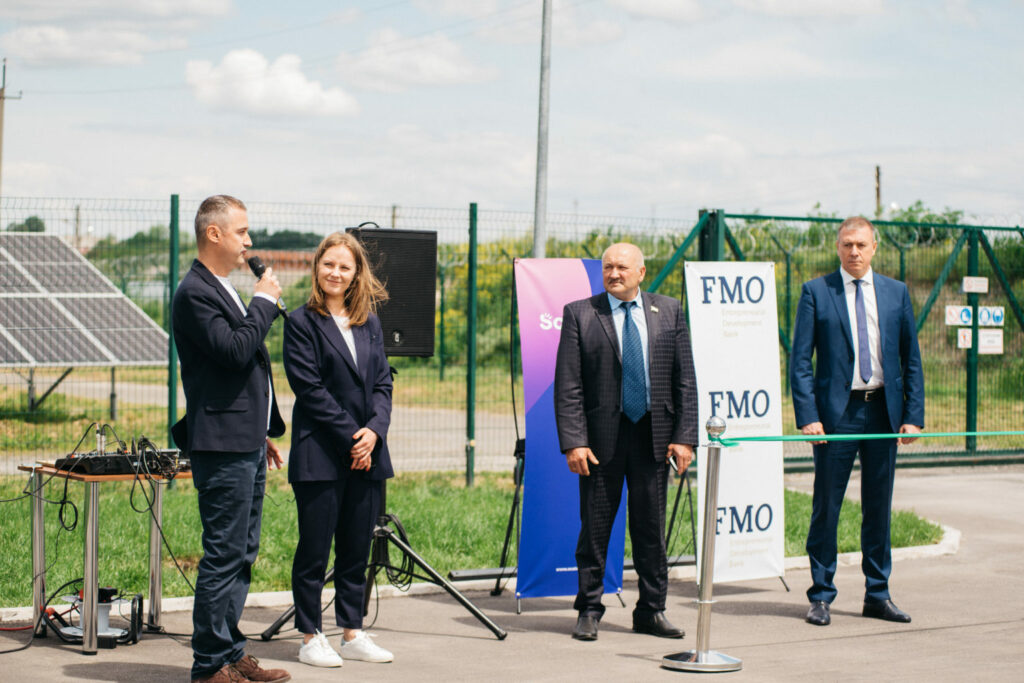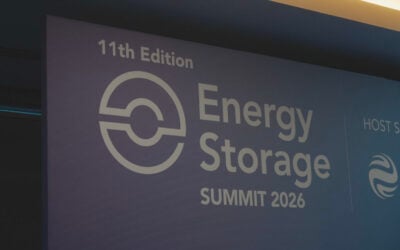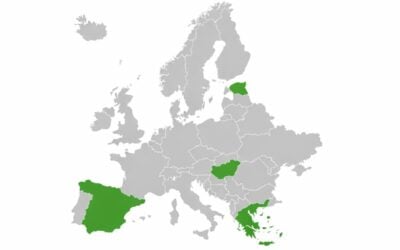
RePower EU, the European Union’s plan to transition away from dependency on Russian fossil fuel imports has been released in draft form, with only a few short mentions of energy storage.
The RePower EU plan has been in the making since Russia invaded Ukraine and brought to public attention Europe’s reliance on Russian gas and coal. There has been concern that although it calls for a massive growth in renewable energy generation alongside energy efficiency measures and diversity of energy supply, there have been no indications that energy storage is being considered an integral piece of EU-wide efforts.
This was evidenced in a leaked version of the plan which Energy-Storage.news saw last week. The leaked draft included no mention of storage whatsoever, except in the context of natural gas and hydrogen storage.
Today, the European Commission’s officially published draft proposal appears to have been revised to include it, but clean energy advocates are unlikely to be pleased at the extremely brief and seemingly vague way it does so.
Try Premium for just $1
- Full premium access for the first month at only $1
- Converts to an annual rate after 30 days unless cancelled
- Cancel anytime during the trial period
Premium Benefits
- Expert industry analysis and interviews
- Digital access to PV Tech Power journal
- Exclusive event discounts
Or get the full Premium subscription right away
Or continue reading this article for free
It appears at times to conflate certain technologies and does not include specific reference to batteries, pumped hydro energy storage or any other kind of electricity storage with the exception of green hydrogen.
Perhaps the most positive of those brief mentions is that the Commission is proposing to promote the development of electricity storage capacities “as being in the overriding public interest and facilitate permitting for their deployment”.
Yet while specific targets are offered for deployment of technologies like solar PV and hydrogen, there is no such detail offered on electricity storage strategy.
The EU’s 2022 Large Scale Call of its Innovation Fund will make around €3 billion (US$3.16 billion) available, a doubling of a previously set budget. Energy storage may be able to benefit from this, as some funds will be made available to cleantech manufacturers that the document said includes “innovative renewable equipment, energy storage or heat pumps for industrial uses”.
Innovation Fund money will also be available for innovative industrial electrification applications and “mid-sized pilots” for validation, test and optimisation of “highly innovative solutions,” which again could apply to some energy storage tech.
Elsewhere, it highlights the crucial role that energy storage can play in ensuring security and flexibility of supply, “by facilitating the integration of renewable generation, supporting the grid, and shifting energy to the time when it is most needed.”
“Ultimately, energy storage reduces the use of gas power plants in the energy system,” the document reads, but it appears to stop well short of offering the sort of coherent strategy needed to support the massive growth in energy storage that European Union decarbonisation and energy security goals require and that has been called for by the likes of the European Association for Storage of Energy (EASE).
It remains to be seen whether this apparent belated recognition of the importance of energy storage will be reflected in the RePower EU plan as it takes its next steps towards adoption in the coming weeks.





